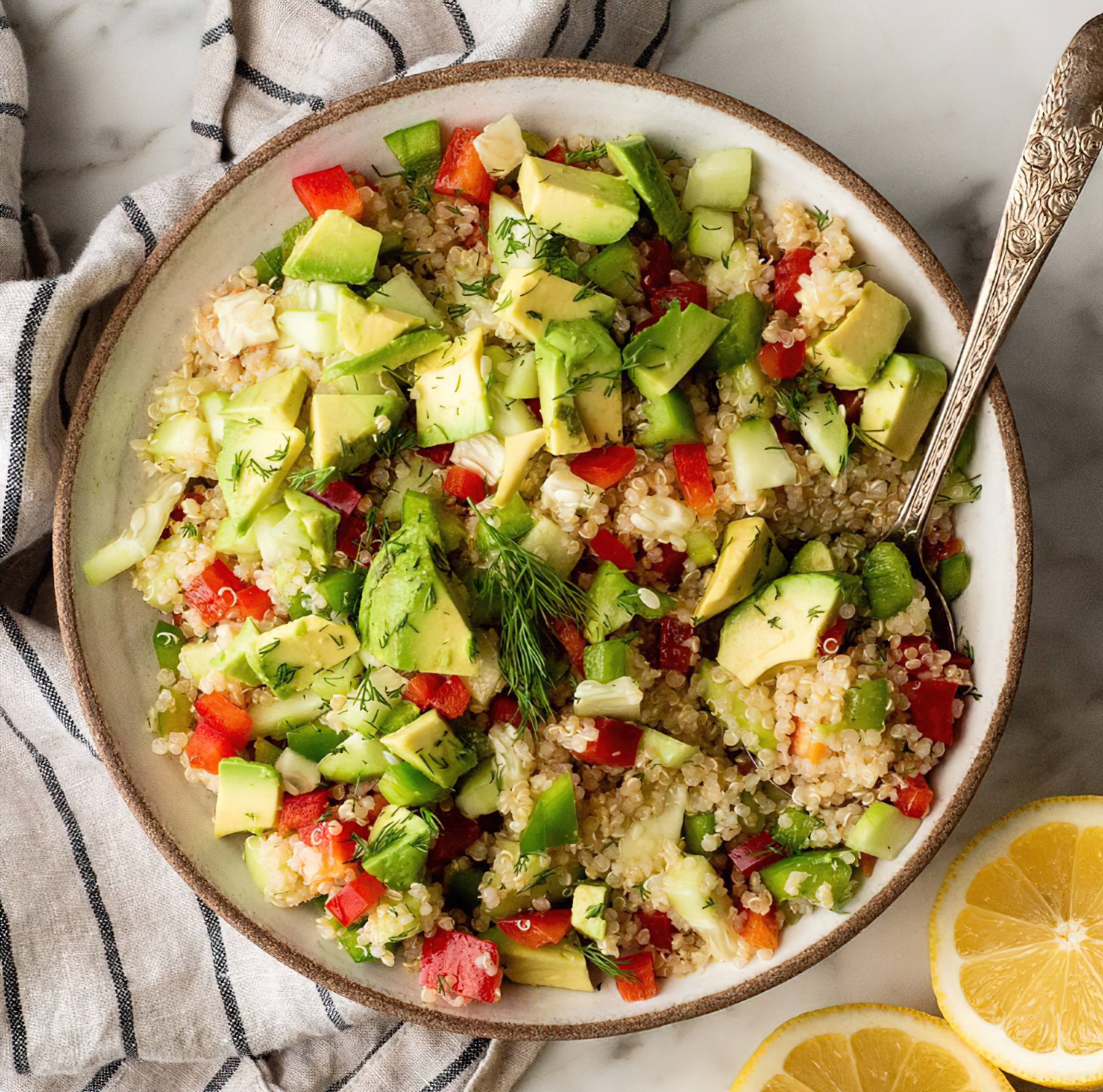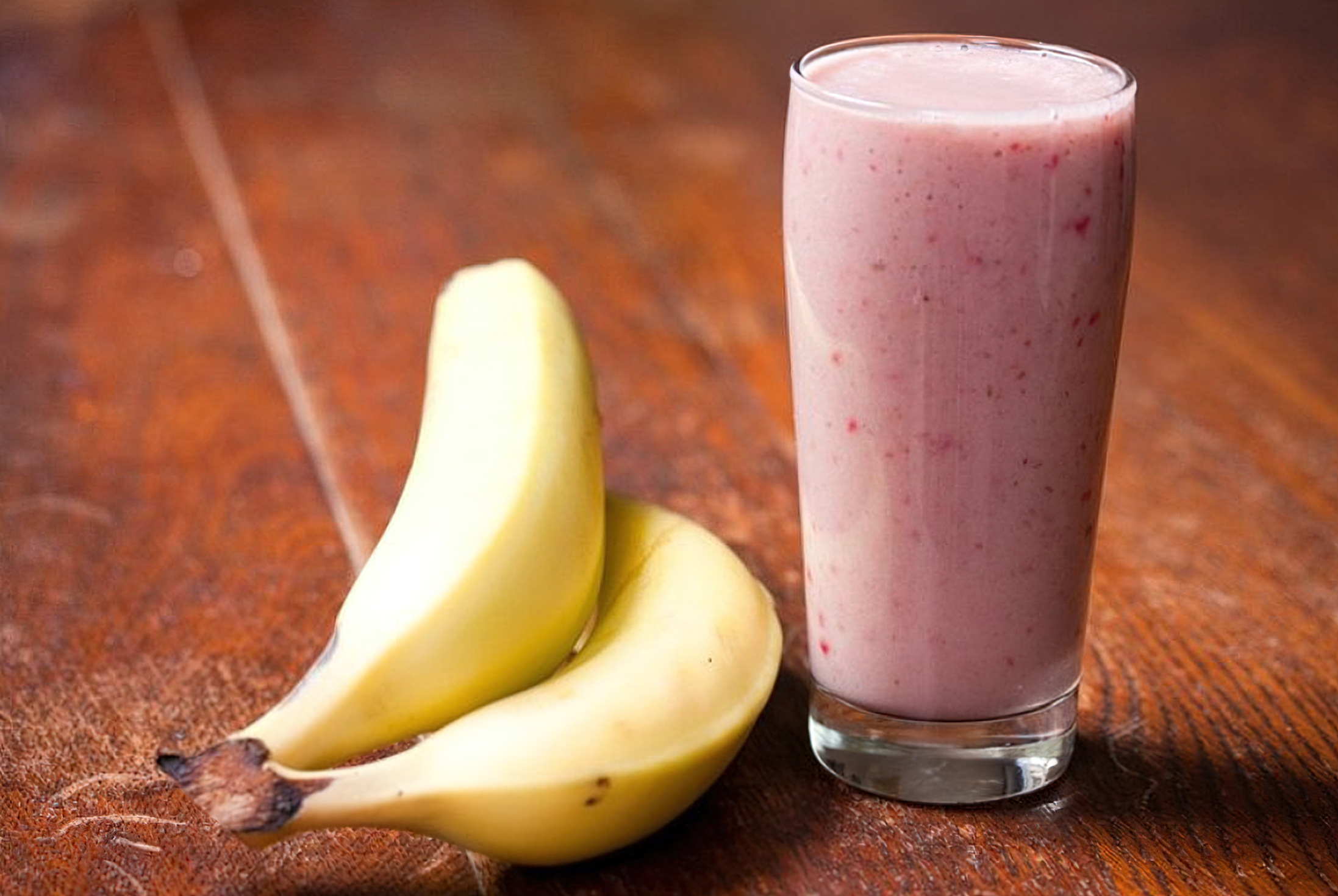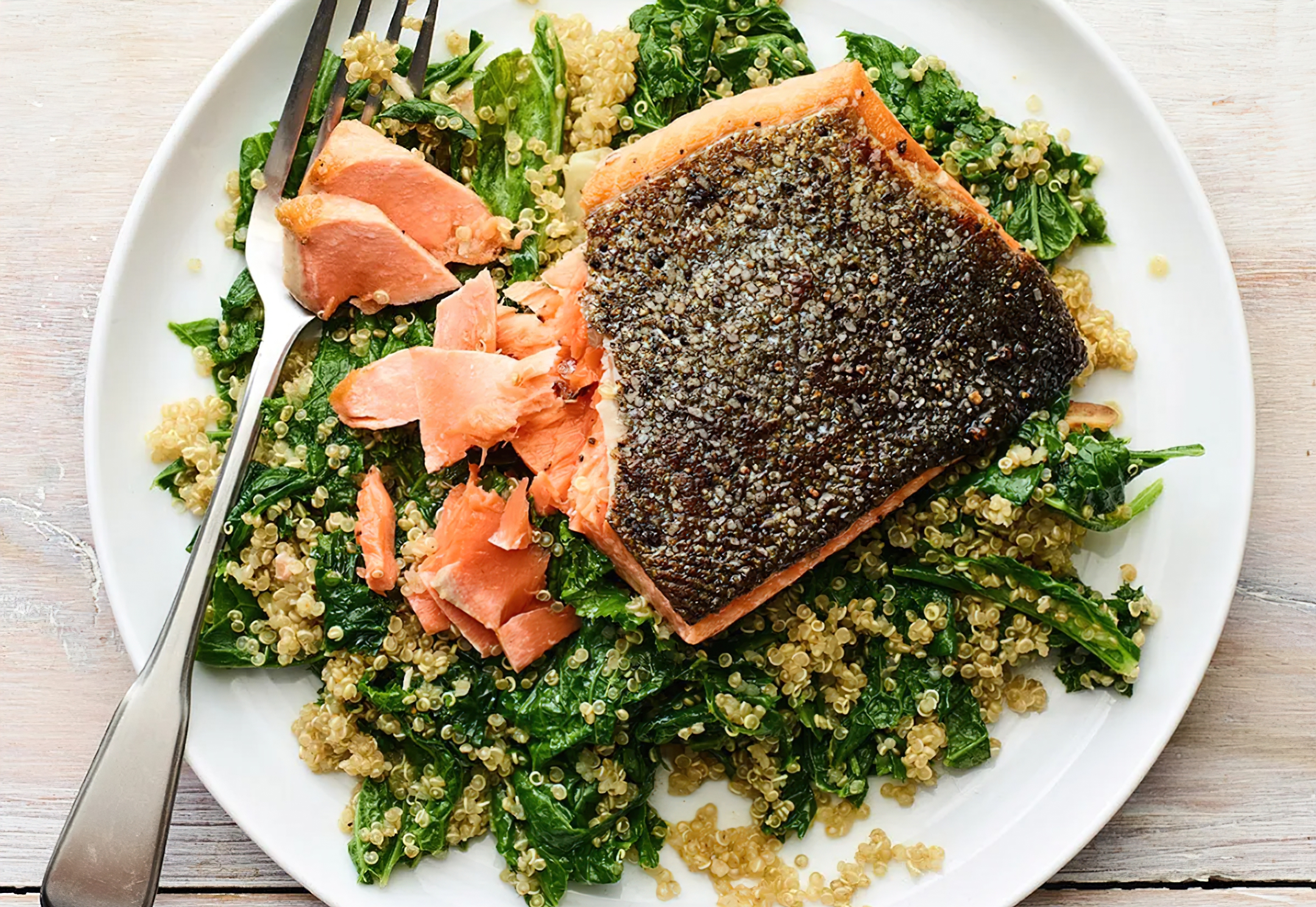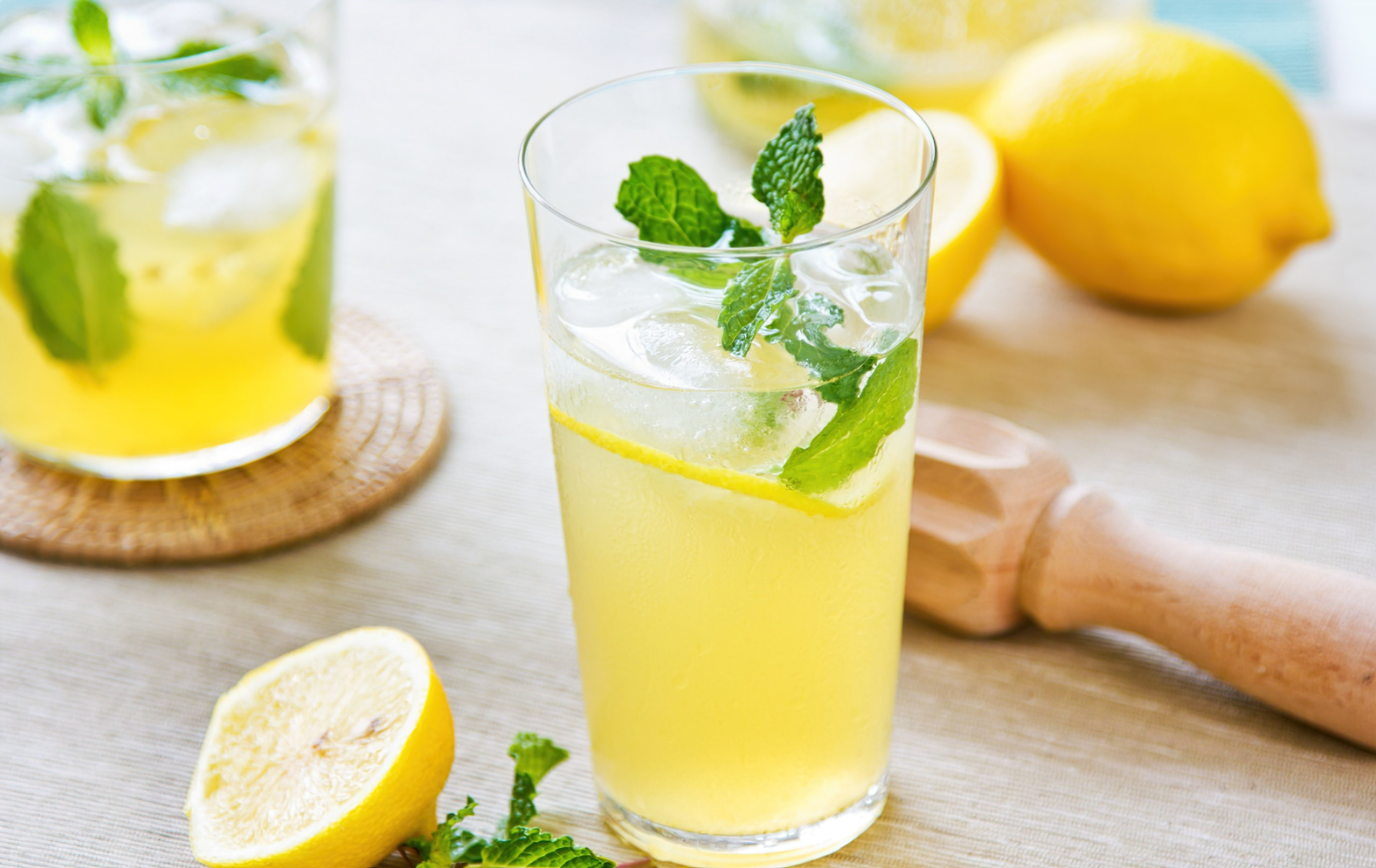Athletes are constantly pushing their bodies to the limit, making their nutrition needs distinct from those of non-athletes. This is where a sports nutritionist steps in, providing specialized guidance on how athletes can optimize their performance and recovery through diet. Let’s explore this critical role in detail.
- Understanding the Sports Nutritionist’s Role
- Recipe 1: Chicken and Quinoa Salad
- Sports Nutritionists and Performance Enhancement
- Recipe 2: Banana and Berry Smoothie
- The Role of a Sports Nutritionist in Injury Recovery
- Recipe 3: Salmon with Spinach and Quinoa
- Ensuring Adequate Hydration: Another Vital Aspect
- Recipe 4: Lemon and Ginger Electrolyte Drink
- Wrapping It Up
Understanding the Sports Nutritionist’s Role
A sports nutritionist’s role is to create personalized dietary strategies that align with an athlete’s fitness goals. They consider factors like the athlete’s age, weight, performance goals, and training schedule to recommend the most suitable diet. But it’s not just about guiding what to eat; a sports nutritionist also advises when to eat. Timing is crucial when it comes to nutrition and athletic performance.
Let’s consider a protein-packed recipe recommended by sports nutritionists for muscle recovery:
Recipe 1: Chicken and Quinoa Salad
Ingredients:
- 1 cup cooked quinoa
- 2 cups shredded chicken breast
- 1 cup cherry tomatoes, halved
- 1 cucumber, diced
- 1/2 red onion, thinly sliced
- 2 tablespoons olive oil
- Lemon juice, salt, and pepper to taste
Instructions:
- In a large bowl, combine quinoa, chicken, tomatoes, cucumber, and red onion.
- Drizzle with olive oil and lemon juice, then season with salt and pepper.
- Toss well before serving.
Sports Nutritionists and Performance Enhancement
A sports nutritionist helps an athlete consume the right balance of nutrients to boost performance. This involves focusing on the right proportion of macronutrients: carbohydrates for energy, protein for muscle repair, and fat for energy storage. A nutritionist may also recommend nutrient-dense foods packed with essential vitamins and minerals.
Here’s a high-carb recipe that’s perfect for energy replenishment before intense training sessions:
Recipe 2: Banana and Berry Smoothie
Ingredients:
- 2 ripe bananas
- 1 cup mixed berries
- 1 cup Greek yogurt
- 1 tablespoon honey
- Ice cubes
Instructions:
- Add bananas, mixed berries, Greek yogurt, honey, and ice cubes into a blender.
- Blend until smooth, then serve immediately.
The Role of a Sports Nutritionist in Injury Recovery
Proper nutrition can expedite the healing process when an athlete is injured. A sports nutritionist can provide guidelines on the type of nutrients needed for swift recovery, such as protein for muscle repair, vitamin C for collagen production, and omega-3 fatty acids to control inflammation.
Consider this omega-3 rich recipe that can help speed up recovery:
Recipe 3: Salmon with Spinach and Quinoa
Ingredients:
- 2 salmon fillets
- 1 tablespoon olive oil
- 1 garlic clove, minced
- 2 cups fresh spinach
- 1 cup cooked quinoa
- Lemon wedges for serving
Instructions:
- Heat olive oil in a pan, add garlic and sauté until fragrant.
- Add salmon fillets and cook until done to your liking.
- In the same pan, add spinach and cook until wilted.
- Serve salmon and spinach over a bed of quinoa, with a squeeze of fresh lemon.
Ensuring Adequate Hydration: Another Vital Aspect
Hydration is critical for athletic performance, and it’s a key focus for sports nutritionists. Dehydration can lead to reduced endurance, increased fatigue, and impaired coordination. A sports nutritionist can help design a personalized hydration plan, including advising on electrolyte replenishment.
Here’s a homemade electrolyte drink recipe that’s perfect for hydration:
Recipe 4: Lemon and Ginger Electrolyte Drink
Ingredients:
- 4 cups of water
- Juice of 2 lemons
- 1 inch piece of ginger, grated
- 2 tablespoons of honey
- 1/4 teaspoon of sea salt
Instructions:
- In a pot, bring water to a simmer.
- Add grated ginger and simmer for about 5 minutes.
- Remove from heat and add honey, stirring until it dissolves.
- Stir in lemon juice and sea salt.
- Allow it to cool, then refrigerate. Serve chilled for best results.
Wrapping It Up
In a nutshell, sports nutritionists play a pivotal role in enhancing an athlete’s performance, aiding recovery, and preventing injuries. They provide expert guidance on nutrition that supports the athlete’s training regime, performance goals, and overall health. From crafting meal plans to advising on hydration strategies, a sports nutritionist ensures that athletes are fuelling their bodies optimally for the best outcomes.
As we’ve explored, meals for athletes aren’t just about boring protein shakes and bland salads. With the right ingredients and a dash of culinary creativity, a sports nutritionist can create a diverse menu of delicious and nutritious meals, ensuring athletes enjoy their food while meeting their dietary needs.
Whether you’re an elite athlete, a weekend warrior, or just someone interested in sports nutrition, understanding the role of a sports nutritionist can be enlightening. The recipes provided, from protein-packed salads to hydrating homemade drinks, show that with the right guidance, anyone can incorporate elements of sports nutrition into their daily lives.
Remember, nutrition is not one-size-fits-all. Every individual, athlete or not, has unique nutritional needs. If you’re serious about enhancing your performance or improving your health, consider seeking advice from a registered sports nutritionist. It could be the game-changer you’re looking for!